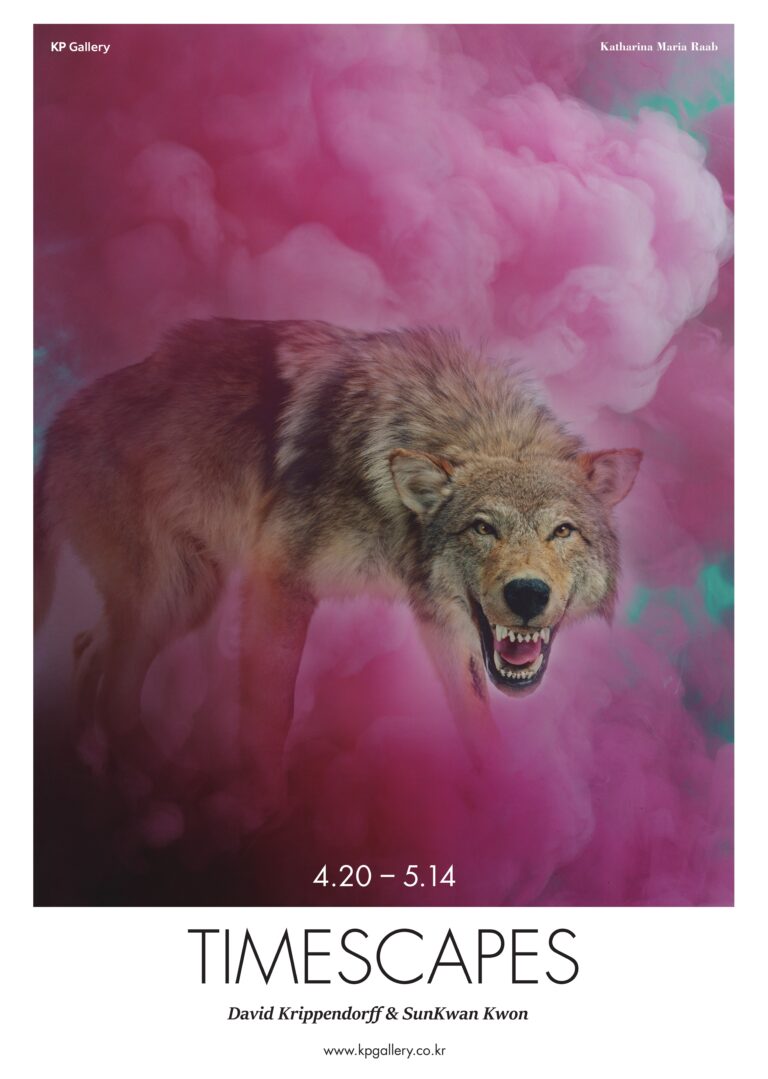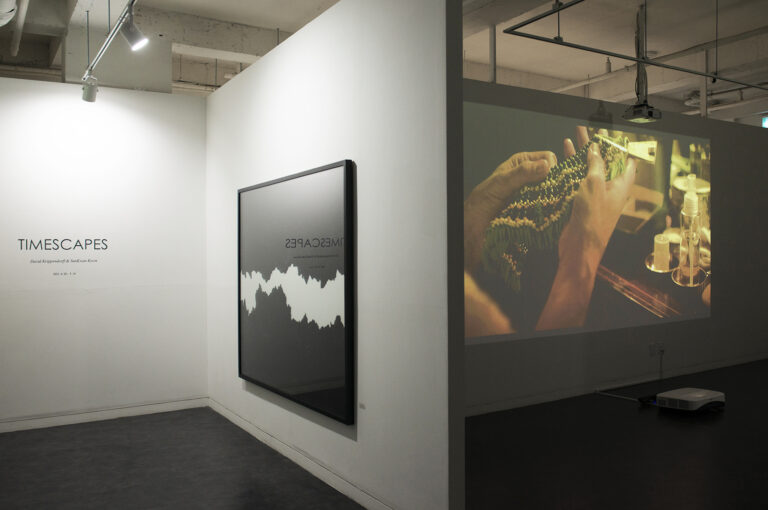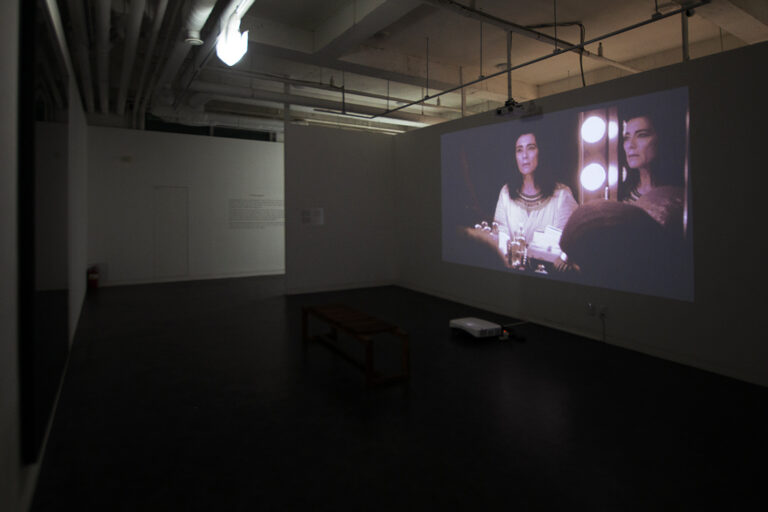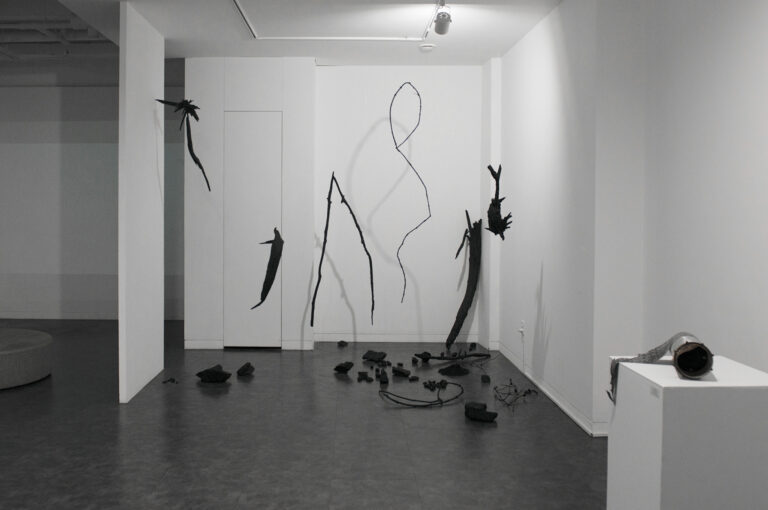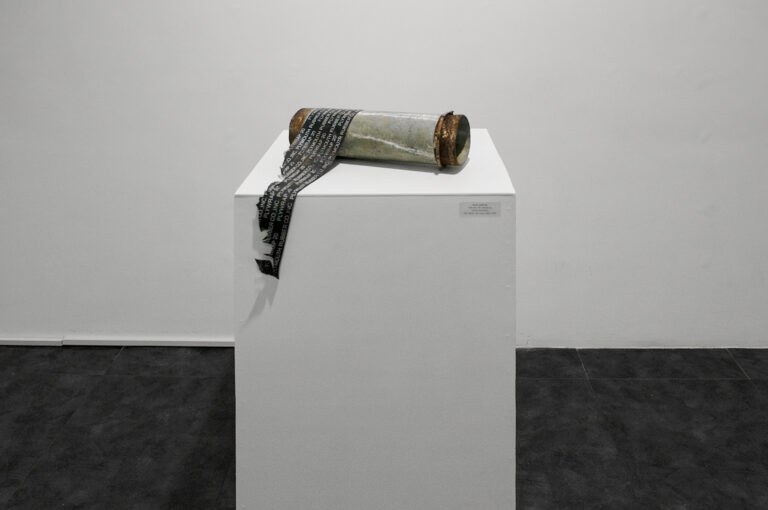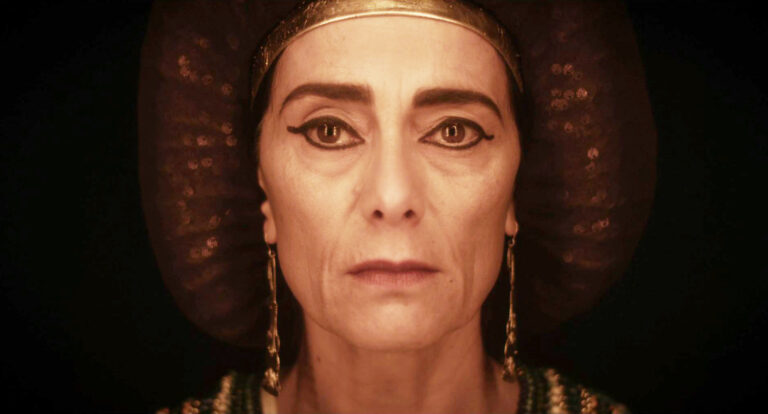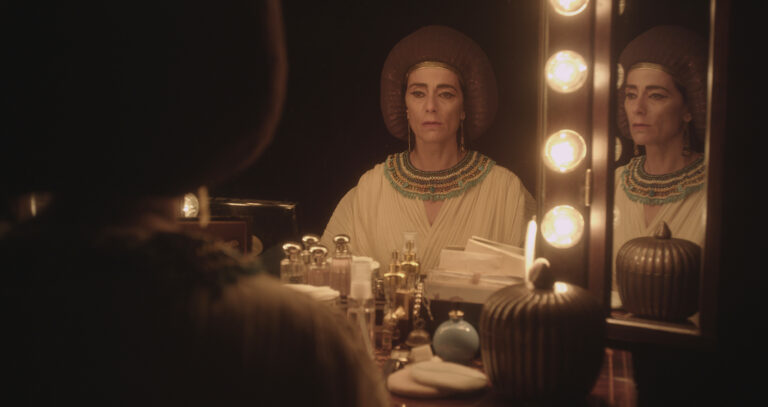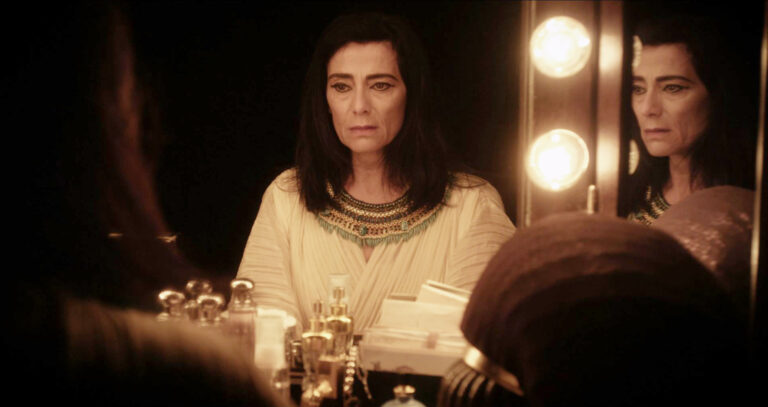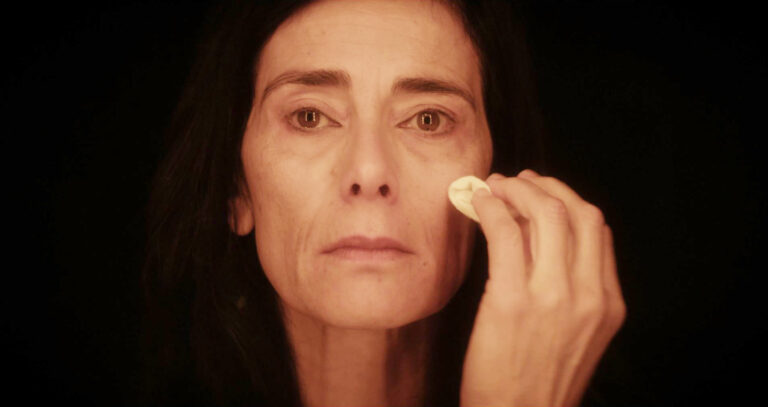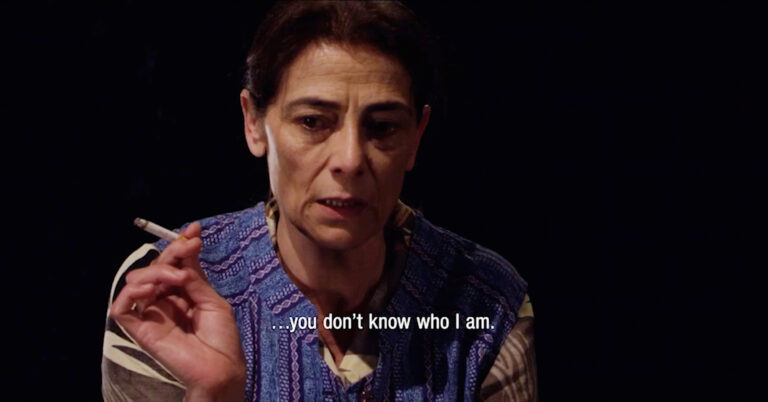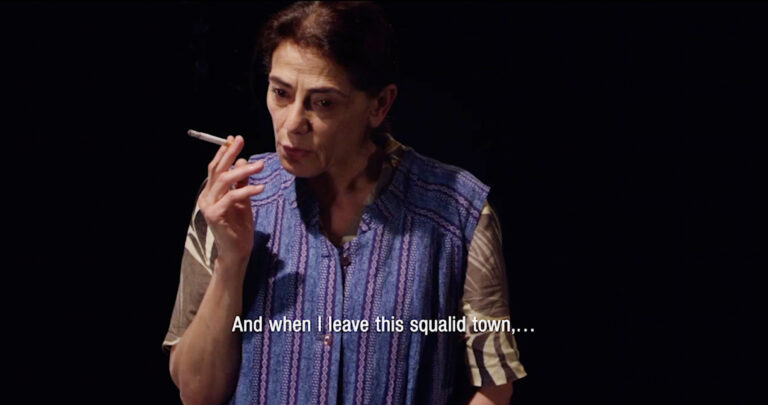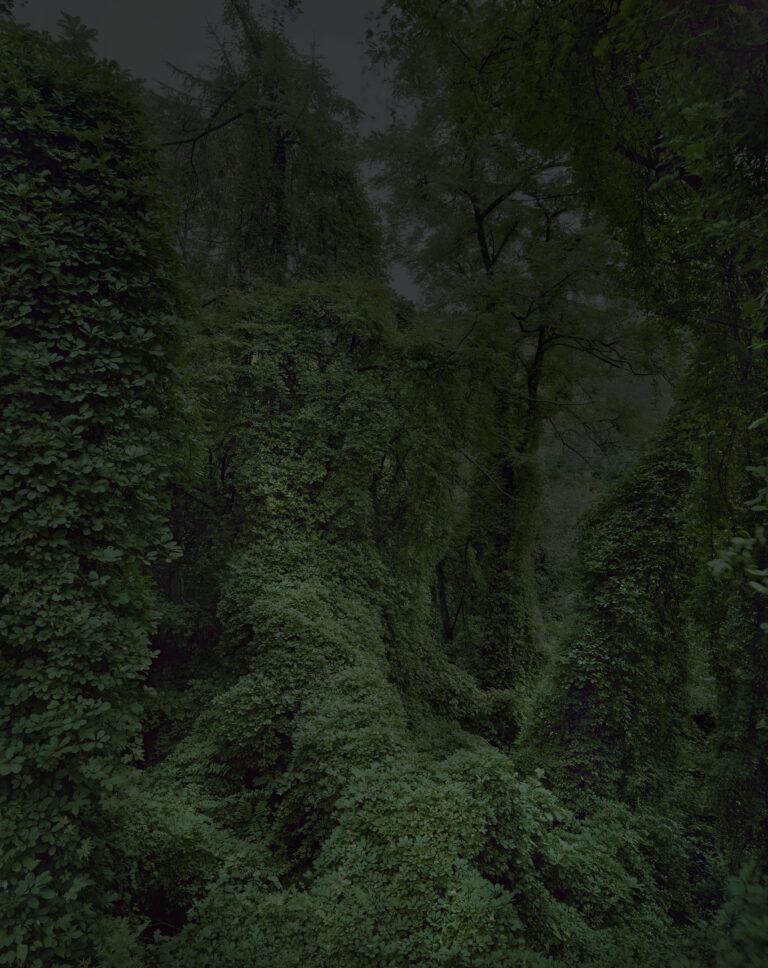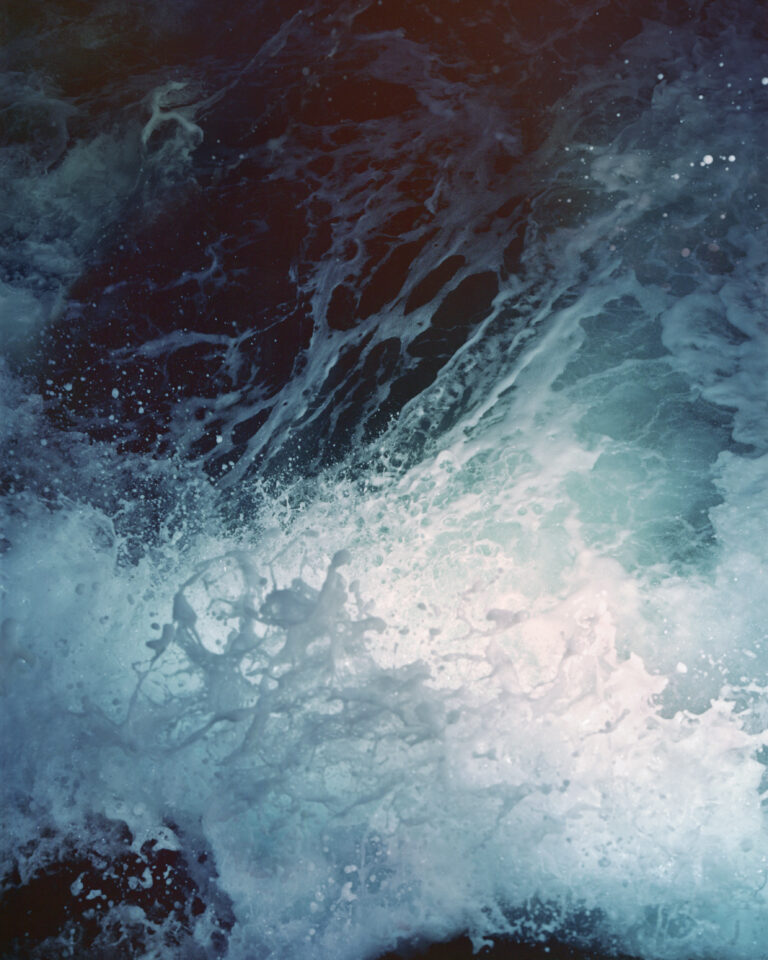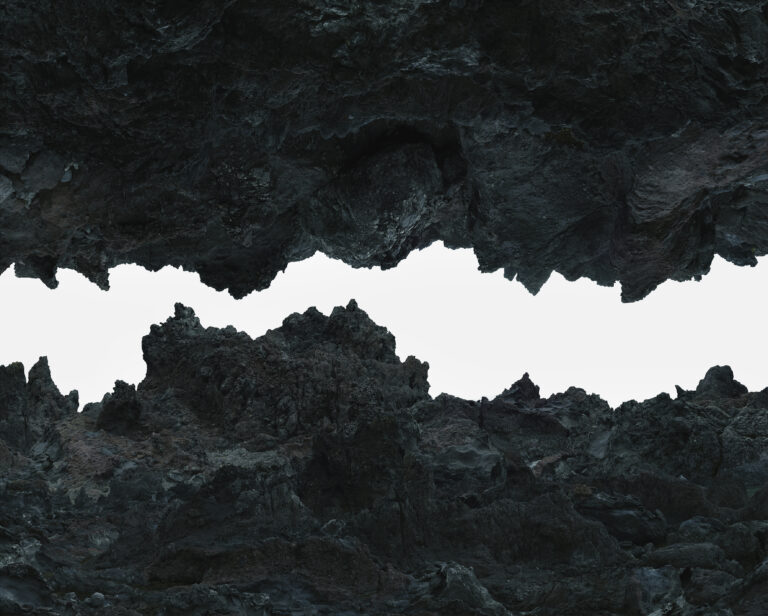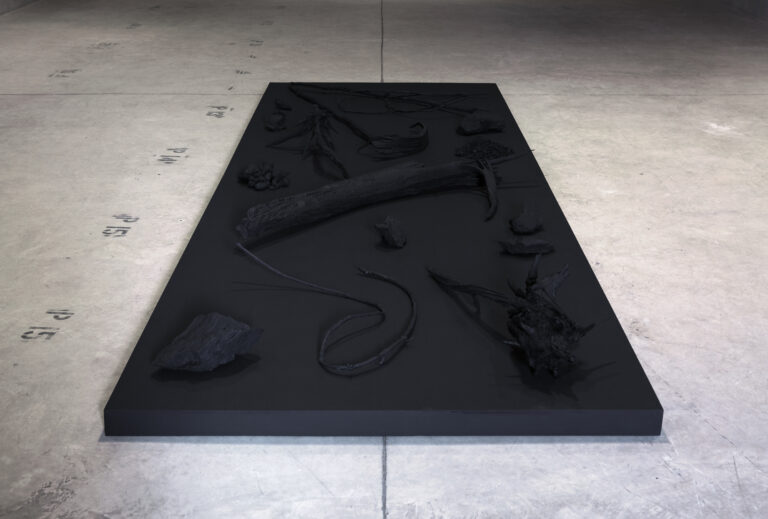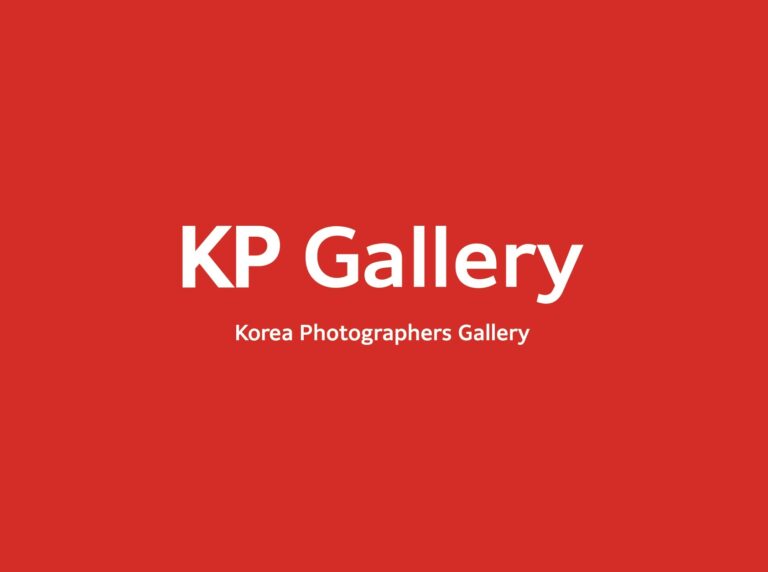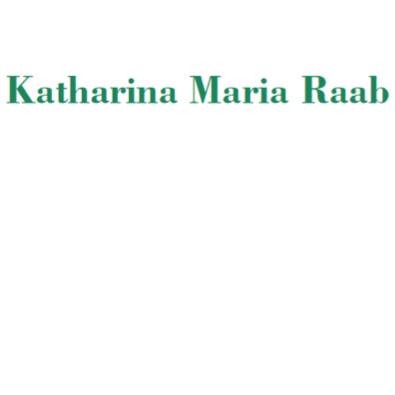”Timescapes”
David Krippendorff and SunKwan Kwon
duo exhibition
Curated by Chiara Valci Mazzara
Coordination Hyein Park and Hyeryeon Oh
Opening: April 20 2021 h.18.00
Duration: April 20 2021 – May 14 2021
Opening hours: Mon-Sat 11AM – 6PM – Thu 13 PM – 20 PM
On the occasion of the duo exhibition Timescapes, David Krippendorff and SunKwan Kwon present pieces which are related to a multidimensional treatment of time implied by the use of different media and by a different approach to the narrations, content and concept at the base of the conceivement of the works.
Both worlds of references are intertwined by immediate narratives together with meta- narratives, questioning themes such as injustice, identity, loss and sense of belonging, as in Krippendorff’s works, as well as the barriers between silence and awareness and photography as a way of healing personal wounds as in the pieces by SunKwan Kwon.
Timescapes is a moment fixed in time and simultaneously a continuum flow which develops through photography and video.
The exhibition title refers to a time-based idea: in physics it is a function of time that is dependent on the position of the observer: it relates the pieces of the two artists by affinity through the complexity and multi layered narrative of their artistic production but also by initiating a discourse which involves different positions and time lengths, approaches, experiences of the observer in front of the video works or before the photographic pieces.
On the occasion of the show the public is invited to move towards, observe, stand still, follow a narrative, immerse in a story. The two artists are offering a wide perspective of meanings and tales to be discovered; they tell them differently, nevertheless they profoundly address social issues, stories and accounts poetically yet strongly elaborated through their chosen media, deeply developed within their creative process.
David Krippendorff is a german artist, video- and experimental filmmaker. Born in Berlin, he grew up in Rome IT and studied art at the University of Fine Arts in Berlin DE, where he graduated with a masters degree in 1997. His works, films and videos have been shown internationally, a.o. at New Museum NY, USA, ICA London UK, Hamburger Kunsthalle, Hamburg, DE, Museum on the Seam Jerusalem. He has participated in four Biennials (Prague, Poznan, Tel Aviv, Asunción). He lives and works in Berlin. Note: Nothing Escapes my Eyes has been acquired and is present in the collection of Vehbi Koç Foundation/ARTER Museum of Istanbul and of RMCA Redtory Museum of Contemporary Art, Guangzhou.
SunKwan Kwon is a korean artist, lives and works in Seoul. Holds a BFA at Sangmyung University and an MFA at Korea National University of Art. His works have been shown nationally and internationally, a.o. at Seoul Museum of Art, Goeun Museum of Photography of Busan, Art center NAbi and in the frame of various exhibition programs, residencies and biennials in China, Philippines, Poland and Australia.
K.P.Gallery: 서울특별시 용산구 후암동 435-1 (04326) / 435-1. Huamdong, Yongsan-gu, Seoul 04326, Korea
Exhibition views:
Insights on David Krippendorff video works:
David Krippendorff, Nothing escapes my eyes
about the work:
Nothing Escapes My Eyes (2014) is about a silent transformation of a place and a human being, both subjected to the melancholy of conforming. Inspired by the texts of Edward W. Said, the poems of Mahmoud Darwish and the Verdi opera Aida, the film depicts in a metaphoric form current issues of cultural identity, loss and the pressures to conform. The film refers to the following historical event related to this opera: Aida premiered in Cairo in 1871 at the “Khedivial Opera House”. One hundred years later the building was completely destroyed by fire and replaced by a multi storied parking garage. Nevertheless, to this day, the place is still named Opera Square: Meidan El Opera. The film combines this urban alteration with the painful transformation of a woman (actress Hiam Abbass) in the process of shedding one identity for another. With no dialogues, the film is backed by a musical excerpt from Verdi’s Aida whose lyrics express the difficulties of being loyal to one’s country and cultural identity. The personal and urban transformation tackles on issues of identity, loss and disorientation as a result of historical colonialism and contemporary globalization.
David Krippendorff, Kali
about the work:
David Krippendorf stills from the video works:
About the photographic and sculptural pieces of SunKwan Kwon:
( Interview excerpt on Yonhap Mag) Photography as a way of healing personal wounds, honoring victims of state power
All Headlines 16:20 October 18, 2018 By Woo Jae-yeon
SEOUL, Oct. 18 (Yonhap) — It was one day in his early 20s that Kwon Sun-kwan realized he could see things through a camera lens that his bare eyes could have easily overlooked. That day, he spotted through the lens a tramp dressed in rags wandering around the streets of his neighborhood. Intrigued, he followed him to his house to learn that the man and his brother, both mentally challenged, lived in a very unsanitary, inhuman environment and that their family had neglected them. The “awakening experience” put him into the dilemma of whether to help them get assistance from the community right away, or do his job as a photographer, he said. “Taking photos, by nature, is quite violent. You see your subject matters as the subject of your desire and your means. You see and interpret them as you want and think. It is violent,” Kwon said during an interview with Yonhap News Agency at Hakgojae Gallery in Seoul on Thursday. Since then, he has distanced himself from his subjects, observed them long enough to stay objective and rational and tried to capture things and memories associated with his subjects that, however peripheral and fleeting they look, often fall through what he called a “hole of silence.” “The Mulch and Bones,” which is set to open at the gallery on Friday, is his first solo exhibition in five years, and is part of his continuing efforts to use photography to visually — and metaphorically — record the seemingly unimportant, forgotten or neglected memories and victims in modern Korean history. “We all have distant, fading memories. Where have they gone? Did they disappear? Probably not. I believe they remain somewhere in our consciousness as they sometimes pop up in certain situations,” he said.
SunKwan Kwon photographic and sculptural works:
Invitation and poster to the exhibition:
